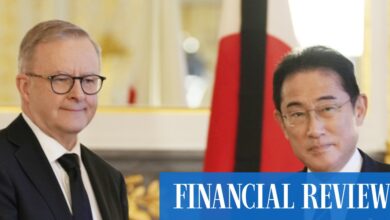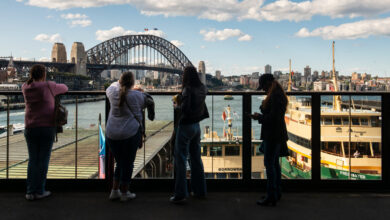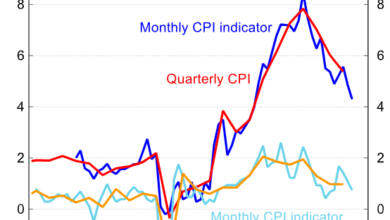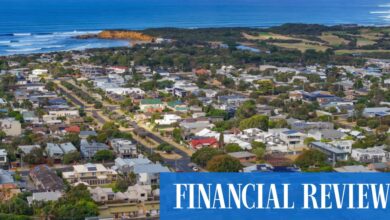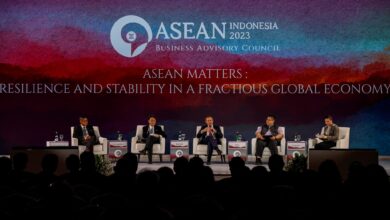China Evergrande Group ordered to liquidate by Hong Kong court in milestone for China’s property crisis
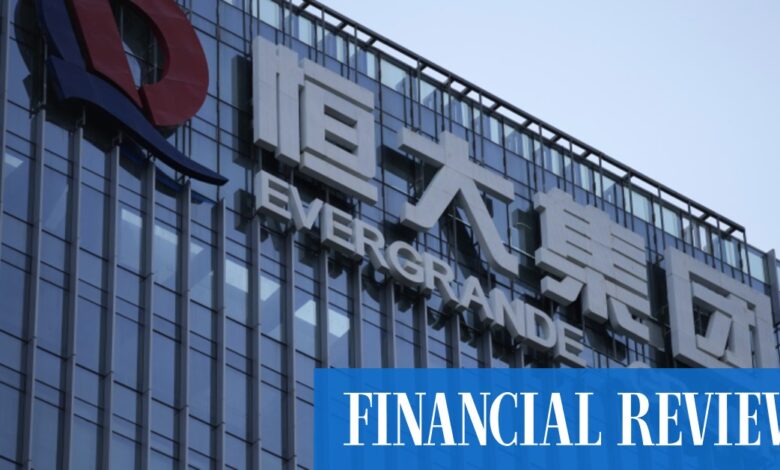
Shares in Evergrande trading in Hong Kong fell 21 per cent ahead of the order, which had been widely expected. The move is expected to further sap confidence in Chinese and Hong Kong equities, which have lost more than $9 trillion in value since their 2021 peak. China on Monday introduced new restrictions on short selling aimed at stemming the sharemarket rout.
Insolvency experts said creditors were unlikely to recover much of their investment in the company, which has most of its assets in China.
While Hong Kong established a cross-border insolvency agreement with some cities in China in 2021, those arrangements have not yet been tested, and it was unclear how co-operative courts and authorities would be with a liquidator.
“For overseas creditors, their focus will be on whether the liquidator will succeed in obtaining assistance from mainland [China] courts to seize assets in the mainland,” said Redmond Wong, Saxo’s chief economist for China.
“The level of assistance that the liquidator receives will be a litmus test for the mechanism. For shareholders of the listed company in Hong Kong, the likelihood of obtaining anything from the winding-up process is very low.”
Country Garden, another embattled Chinese housing giant, last week sold its last remaining Australian asset, Wilton Greens, to another Chinese developer 11 years after it first entered the market. Most Chinese developers have already withdrawn most of their capital from Australia.
Still, economists have long warned there could be a knock-on effect from Evergrande’s problems for the Australian economy, which relies heavily on iron ore exports to support China’s steelmaking sector. So far, a slowdown in housing construction in China has not had a negative impact on iron ore demand.
“The property sector is a key part of the Chinese economy and could negatively interact with long-running macro-financial imbalances in China through interlinkages with local government financing, shadow banking activities, and banks,” the Reserve Bank of Australia said in its Financial Stability Assessment in October.
Evergrande, which used to be China’s largest property developer, first defaulted on bond repayments in December 2021. It has more than $US300 billion ($455 billion) in debt.
The way international creditors in the Evergrande case are treated under a liquidation order will be closely watched by foreign investors, who are becoming increasingly nervous about China. Xi Jinping’s government has signalled it wants to attract more foreign capital after years of regulatory uncertainty.
While iron prices remain strong as China’s steel mills stockpile ahead of the Lunar New Year holidays, miners will be watching for any sign that Evergrande’s liquidation has dampened demand for the commodity, given billions of dollars of unfinished construction projects hang in the balance.
While there were signs before the pandemic that China’s property market was overvalued and developers were too reliant on debt, Evergrande’s financial problems were a wake-up call for a sector which used to make up 30 per cent of China’s GDP.
After property sales peaked in 2020, big developers such Evergrande defaulted in 2021 after a government crackdown on speculation. More than two years later, property sales and prices continue to fall and debt problems at other developers, such as Country Garden, triggered fresh contagion fears.
Reuters says that since 2021, companies accounting for 40 per cent of Chinese home sales have defaulted – most of them private property developers. As they struggle to access funding, many homes remain unfinished, and residents have been left out of pocket, or sometimes forced to live in half-completed high-rise buildings with no running water. Suppliers and creditors are not being paid.
“The liquidation order is not entirely a surprise to the market given the creditors were still not able to agree on the restructuring terms,” said Zerlina Zeng, a credit analyst at CreditSights Singapore. With most assets on the mainland, “I doubt its offshore creditors would receive substantial recovery proceeds from the liquidation order”.
Most of Evergrande’s dollar notes were traded about 1.5¢ on the dollar last Friday.
While creditors were not seeking a wind-up order, Justice Chan noted the lack of progress. “The company said it will do one, two, three,” she said. “None of that has been done.”
Still, “even after a wind-up, it’s still possible for the company to put forward a scheme of arrangement.”
China’s economy is still expected to grow more than 4 per cent this year.
“Despite the real estate downturn, China met its 5 per cent growth target in 2023,” said Louis Kuijs, Asia Pacific chief economist at S&P Global Ratings.
But economic momentum at the end of 2023 was less strong than the headline numbers suggest. “We believe falling prices at industry and retail levels point to overcapacity in some major goods markets, he added.
With agencies

